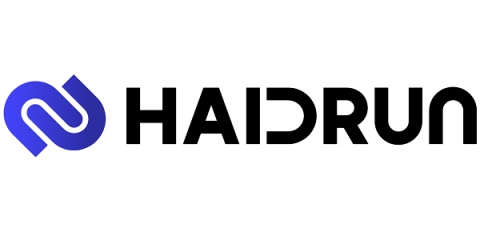Seeing into the future: six ways cutting-edge tech can help monitor sustainability
Haidrun’s CEO, Jonas Lundqvist, is featured in The Guardian explaining how blockchain supports traceability in the food supply chain: “In a food supply chain, for example, the record of a journey from farm to fork is available to monitor in real time, while the disclosure of data provides accountability for trading transactions and farming practices to support claims such as organic, freshness and superior quality.






